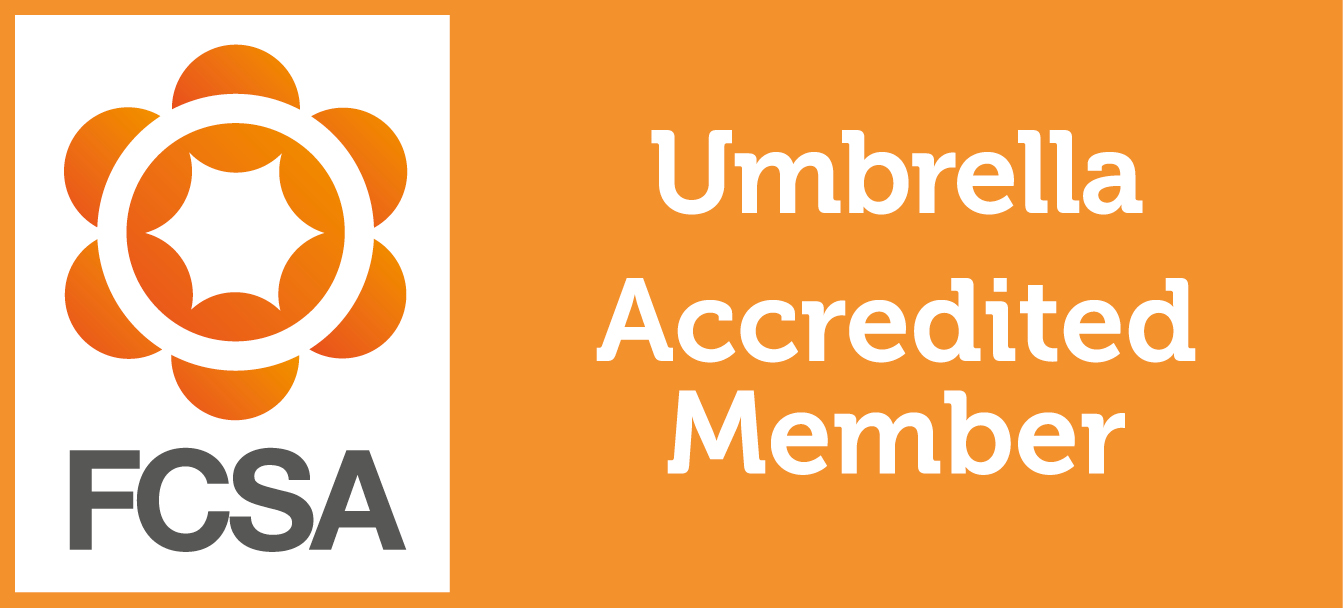With Unite celebrating a victory on behalf of one of its members, the Freelancer & Contractor Services Association (FCSA) has said that this example shines a spotlight on the complex issues of employment status.
The case involved Unite’s member, pipe fitter Russ Blakely and the dispute of his employment status with employment agency On-Site Recruitment Solutions Limited and payroll company Heritage Solutions City.
Commenting on the case and the result FCSA’s chief executive Julia Kermode, said, “This case suggests that the payroll company engaged the worker on a self-employed basis, however the Employment Appeal Tribunal has found that Mr Blakely was a worker, not self-employed. The case would never have got to tribunal had a fully compliant umbrella company been engaged, one that employs workers under a contract of employment. By employing workers, such umbrellas are ensuring that the individual is entitled to all 84 statutory rights and benefits of employment, including holiday pay, pension, maternity, paternity etc.
“We are sick and tired of our sector always being tarnished with the same brush due to actions of non-compliant firms that do not provide professional employment services, and for that reason we would welcome potential regulation of the umbrella sector if it is sufficiently broad to ensure a minimum standard and does actually rid the sector of cowboys. There are many good compliant umbrella companies out there that provide a valuable service.
“The original case also refers to unlawful deductions in wages for employers’ national insurance. In our experience, this is most likely due to miscommunication where the worker has erroneously been told that they will be paid the assignment rate, which is different to their pay rate. All employers must pay employers national insurance, and it is illegal to deduct this from a worker’s income. That is one reason why compliant umbrella firms always ensure that their employees understand the difference between the assignment rate and their gross pay.
“The assignment rate includes employment costs such as employers’ national insurance, holiday pay, apprenticeship levy, and pensions contributions. Such costs should always be factored into the assignment rate because, as employers, umbrellas are legally obliged to pay them. It is easy to see how this may have been misconstrued, and indeed that is why FCSA accredited members are required to ensure that all of their umbrella employees understand how their pay is calculated, and the difference between the assignment rate and their pay rate. One of the recommendations from the Taylor Review is around transparency of pay, and we wholeheartedly support any moves to improve this and prevent future workers being told an incorrect rate.”
She added, “Furthermore, it is important to be clear that self-employment is a legitimate way of working for contractors, as long as the proper controls, policies and processes are in place and HMRC rules on self-employment status and the right of ‘supervision, direction or control’ are followed. FCSA Accredited Members ensure that self-employed contractors are properly engaged, aware of the nature of the engagement, and that they fully understand their position as a self-employed worker.
“Some say that this case ‘blows a hole in the agency payroll model’, which remains to be seen, but if so this could in fact be very positive – if it means that only compliant umbrella firms can operate, those that actually employ the workers ensuring they are entitled to all the accompanying rights and benefits, then that would be something to be celebrated.”
Limited or Umbrella? If you are unsure which route would suit you better, please give us a call on 01206 591 000 or email info@contractorumbrella.com to discuss your options.
You may also like to read:
 |
Simon Dolan is the Managing Director for Contractor Umbrella Ltd, one of the UK’s Most Respected Umbrella Companies and founder member of AllUmbrellaCompaniesAreEqual. Learn more about Lucy on Google. |













